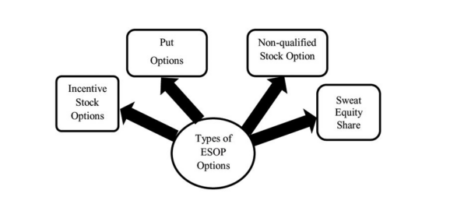Table of Contents
What Lenders and Investors Look for in a Business Plan?
Banks usually are not a new venture’s sole source of capital because a bank’s return is limited by the interest rate it negotiates, but its risk could be the entire amount of the loan if the new business fails. Once a business is operational and has established a financial track record, however, banks become a regular source of financing.
For this reason the small business owner needs to be aware of the aware of the criteria lenders and investors use when evaluating the creditworthiness of entrepreneurs seeking financing.
5 Cs of Credit in a Business Plan
Lenders and investors refer to these criteria as the 5 Cs of credit:
- Capital
- Capacity
- Collateral
- Character
- Conditions
Capital
A small business must have a stable capital base before any lender is willing to grant a loan. Otherwise the lender would be making, in effect, a capital investment in the business. Most banks refuse to make loans that are capital investments because the potential for return on the investments is limited strictly to the interest on the loan, and the potential loss would probably exceed the reward.
In fact, the most common reasons that banks give for rejecting small business loan applications are undercapitalization and too much debt.
Banks expect a small company to have an equity base of investment by the owner(s) that will help to support the venture during times of financial strain, which are common during the start-up and growth phases of a business. Lenders and investors see capital as a risk-sharing strategy with entrepreneurs.
Capacity
A synonym for capacity is cash flow. Lenders and investors must be convinced of the firm’s ability to meet its regular financial obligations and to repay loans, and that takes cash. More small businesses fail from lack of cash than from lack of profit.
It is possible for a company to be showing a profit and still have no cash-that is, to be technically bankrupt. Lenders expect small businesses to pass the test of liquidity, especially for short-term loans.
Potential lenders and investors examine closely a small company’s cash flow position to decide whether it has the capacity necessary to survive until it can sustain itself.
Collateral
Collateral includes any assets an entrepreneur pledges to a lender as security for repayment of a loan. If the company defaults on the loan, the lender has the right to sell the collateral and use the proceeds to satisfy the loan.
Typically, banks make very few unsecured loans (those not backed by collateral) to business start-ups. Bankers view the entrepreneurs’ willingness to pledge collateral (personal or business assets) as an indication of their dedication to making the venture a success. A sound business plan can improve a banker’s attitude towards a venture.
Character
Before extending a loan to or making an investment in a small business, lenders and investors must be satisfied with an entrepreneur’s character. The evaluation of character frequently is based on intangible factors such as honestly, integrity, competence, polish, determination, intelligence, and ability.
Although the qualities judged are abstract, this evaluation plays a critical role in the decision to put money into a business or not.
Lenders and investors know that most small businesses fail because of incompetent management, and they try to avoid extending loans to high-risk entrepreneurs’ solid business plan and a polished presentation by the entrepreneur can go far in convincing the banker of the owner’s capability.
Conditions
The conditions surrounding a funding request also affect an entrepreneur’s chances of receiving financing. Lenders and investors consider factors relating to a business’s operation such as potential growth in the market, competition, location, strengths, weaknesses, opportunities and threats.
Again, the best way to provide this relevant information is in a business plan. Another important condition influencing the banker’s decision is the shape of the overall economy, including interest rate levels, inflation rate, and demand for money.
Although these factors are beyond an entrepreneur’s control, they still are an important component in a banker’s decision. The higher a small business scores on these five Cs, the greater its change will be of receiving a loan. The wise entrepreneur keeps this in mind when preparing a business plan and presentation.
FAQs Section
What are the 5 Cs of Credit?
The 5 Cs of credit in a business plan:
1. Capital
2. Capacity
3. Collateral
4. Character
5. Conditions.




